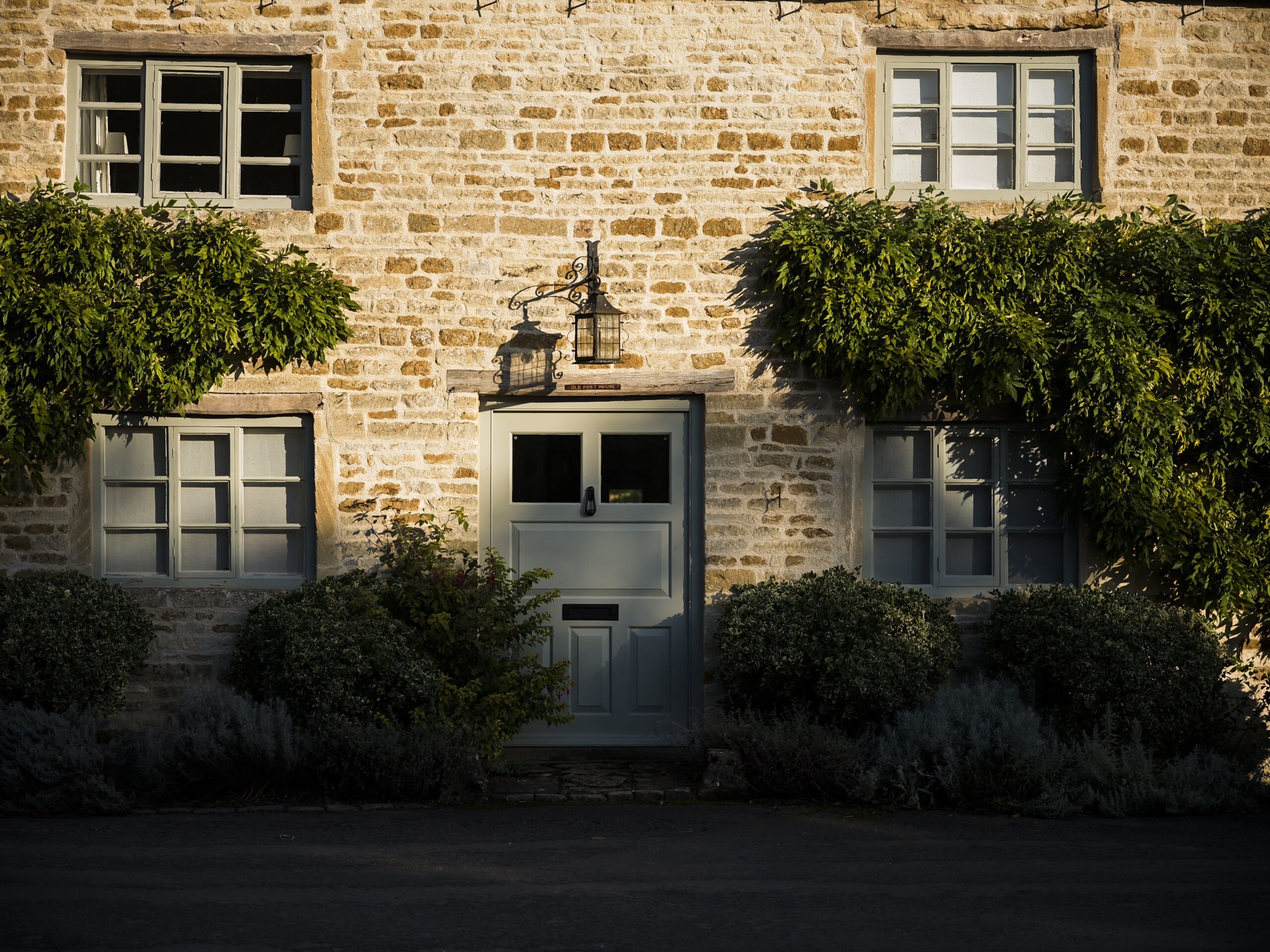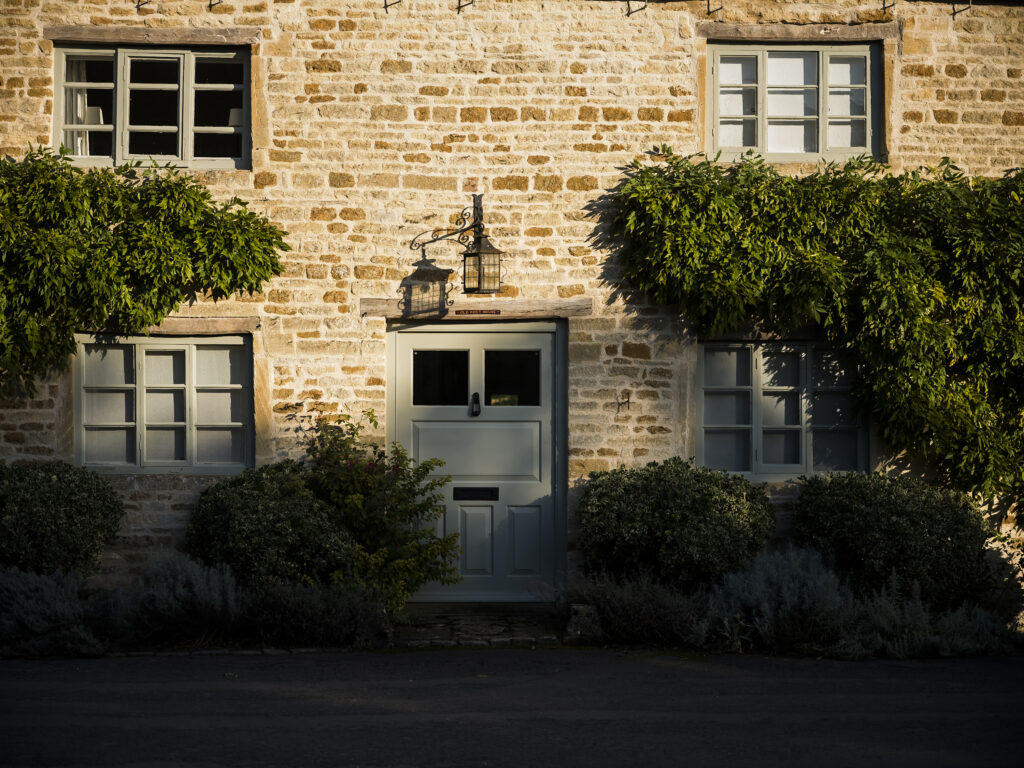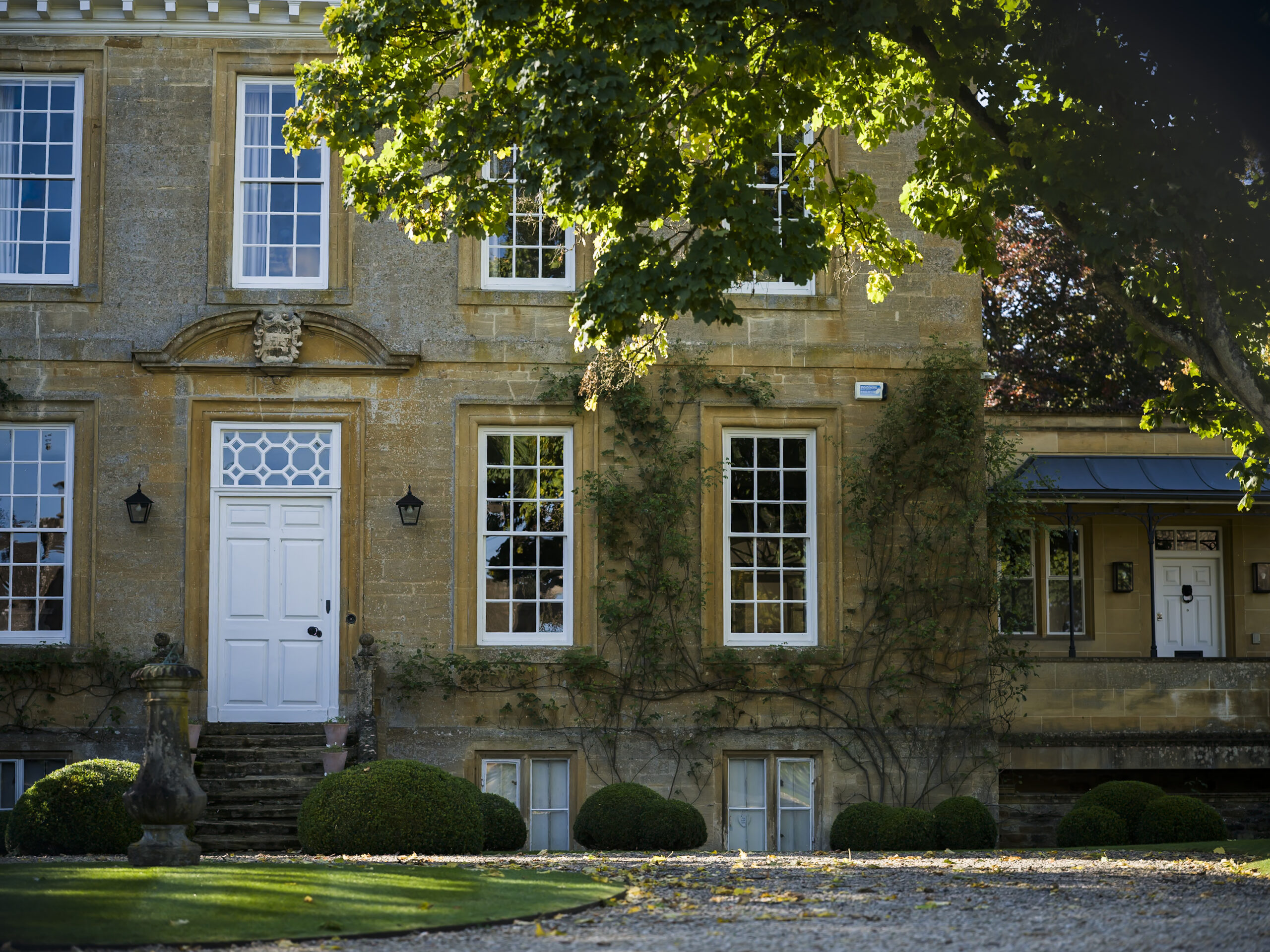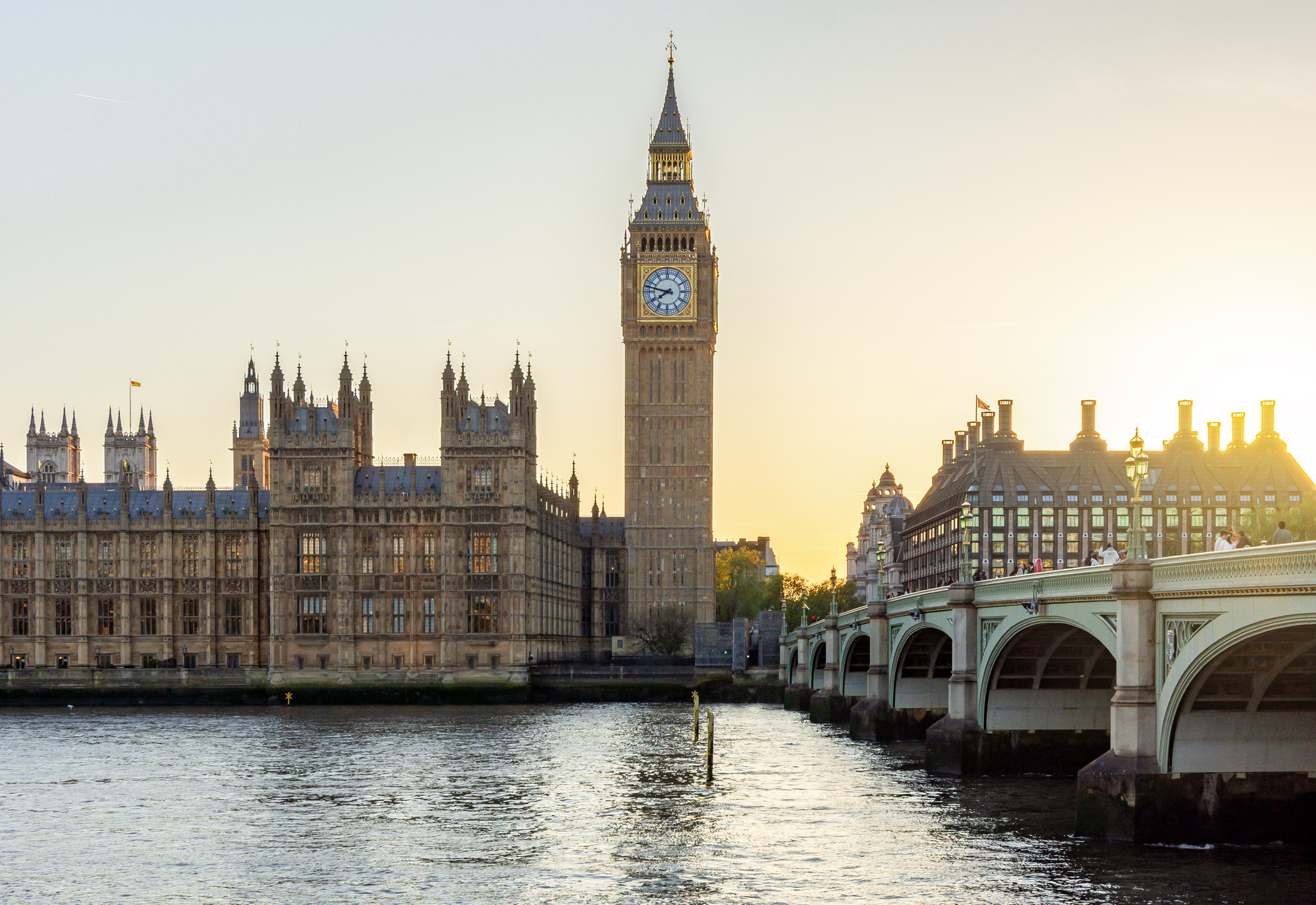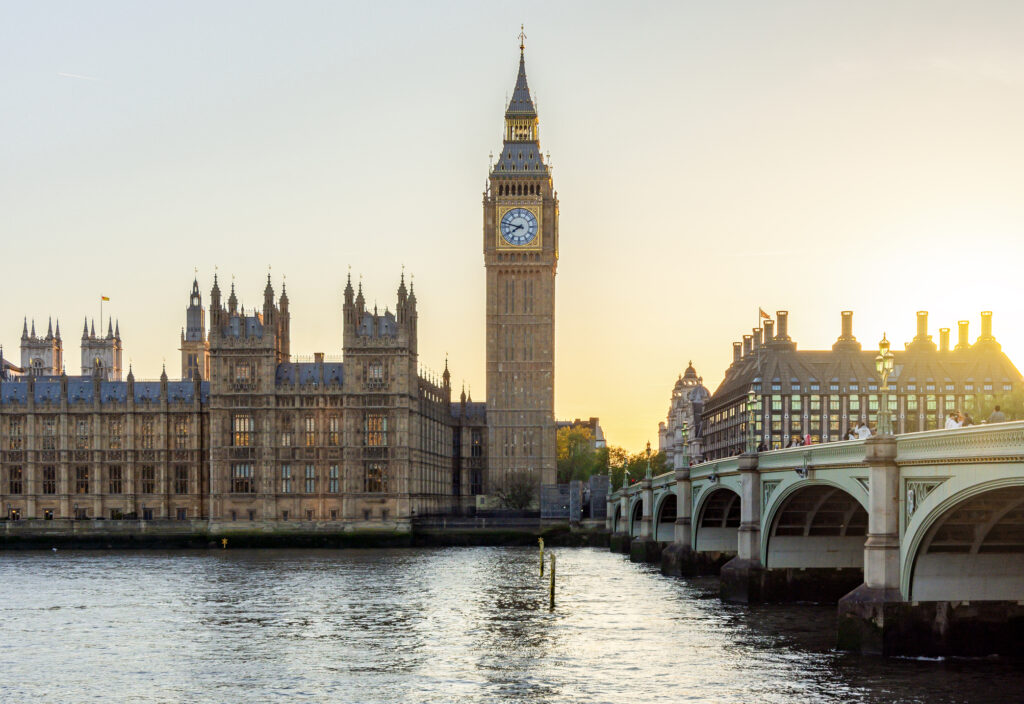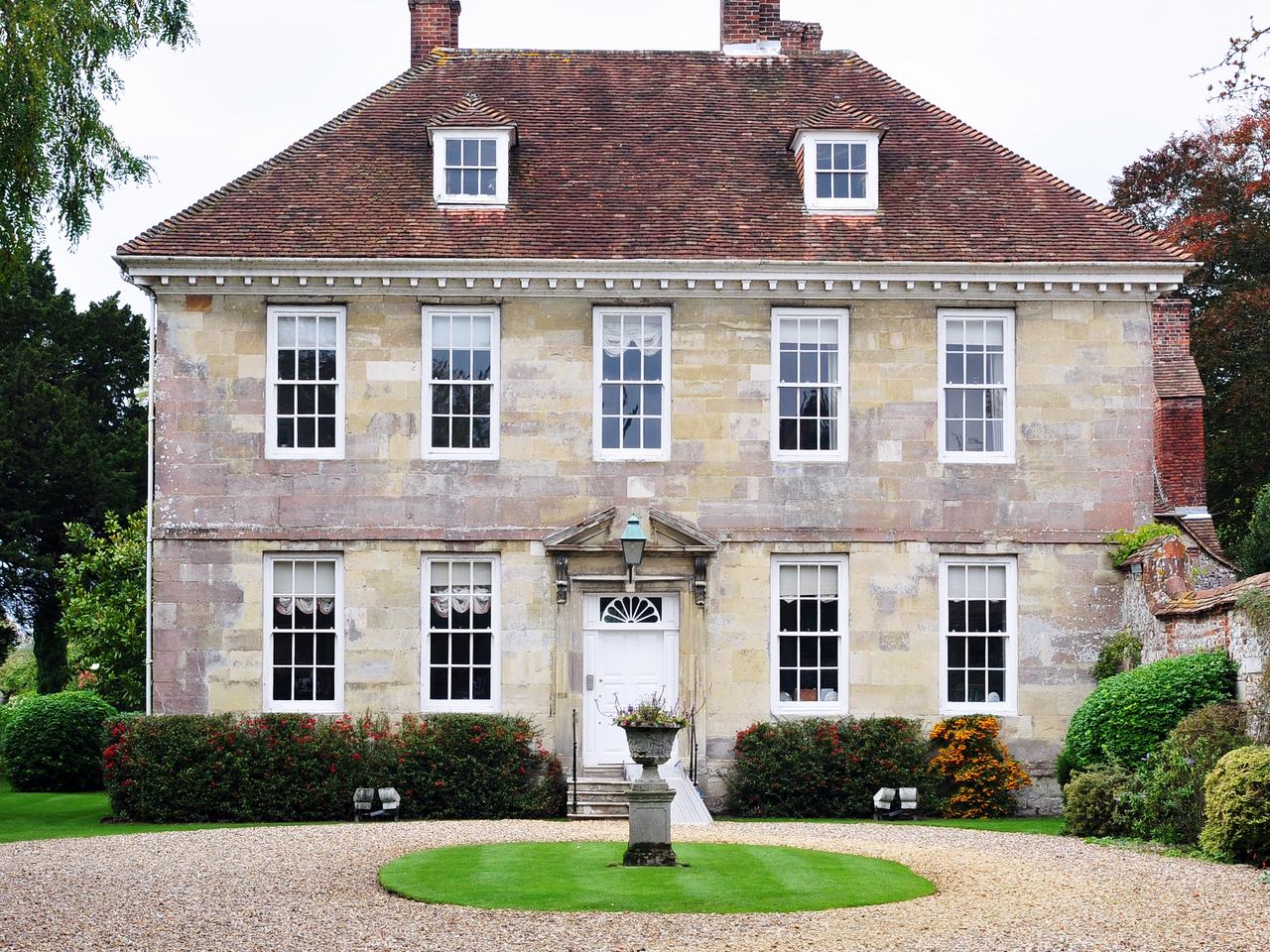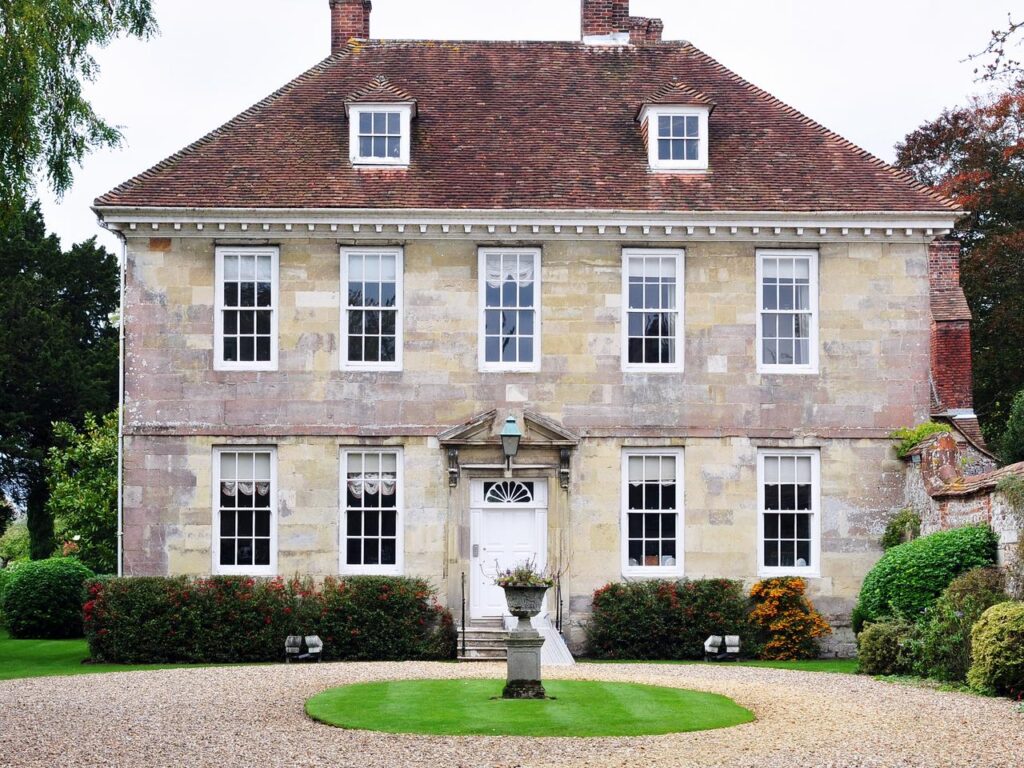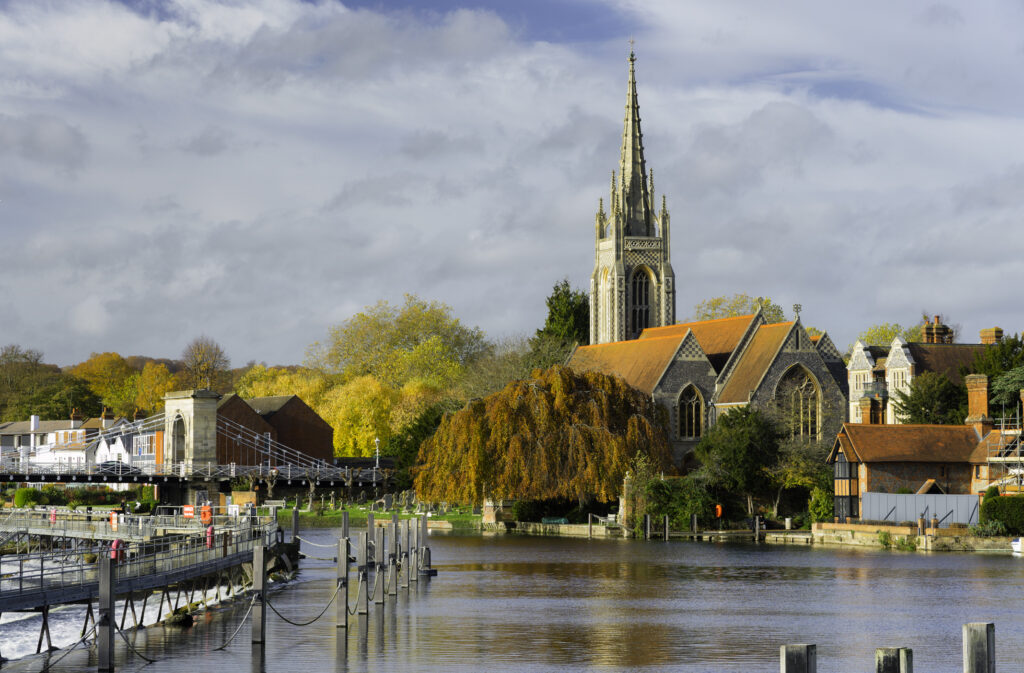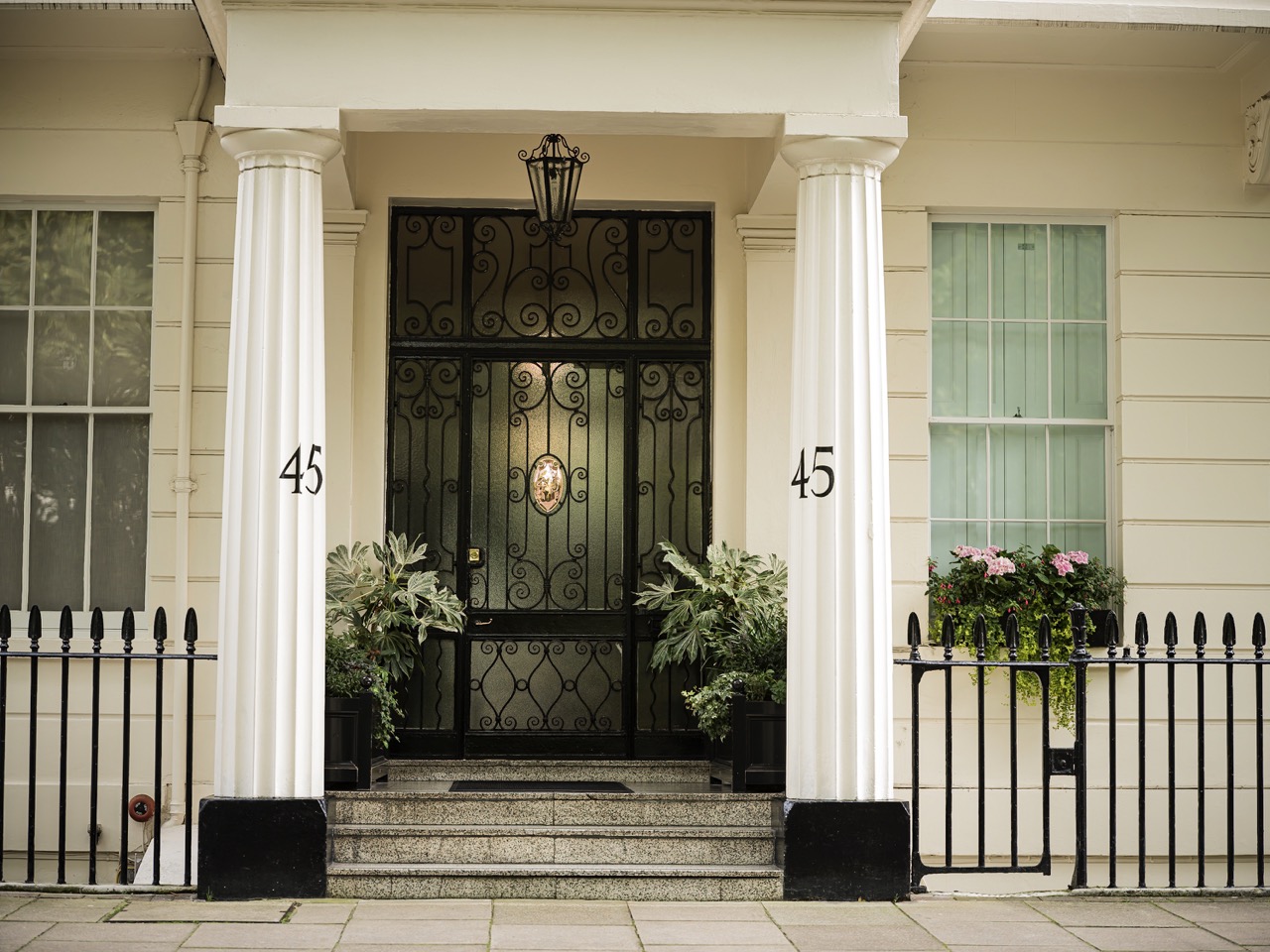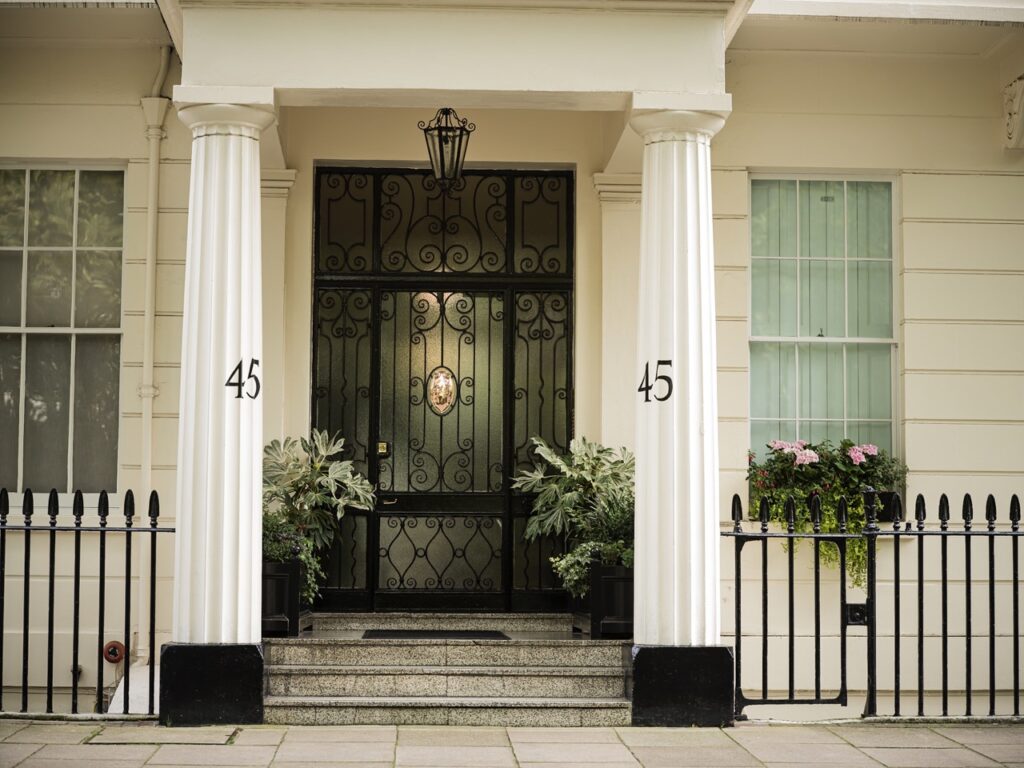With the appeal of boarding schools waning, families are increasingly prioritising proximity to top day schools when moving to the Cotswolds, writes Georgina Neil, our Cotswolds Buying Agent

When families come to me searching for a home in the Cotswolds it’s rarely just about the house, but increasingly, proximity to the region’s leading independent schools is a decisive factor. In fact, around 40% of my clients now place access to their preferred school at the very top of their priority list, favouring villages and towns that can offer this alongside the lifestyle they desire.
I think this is representative of a broader cultural shift. These are families who would traditionally have sent their children away to boarding school – and who probably boarded themselves – but instead want to be fully present in their children’s daily lives, supporting their interests, attending sports matches and being part of the school community. I have known clients whose children have tried boarding and haven’t enjoyed it, necessitating a move to be closer to a day school. In this context, the school becomes the cornerstone of family life, helping ease the transition into a new area, and is a defining factor in where families are choosing to live.
The Independent Schools Council’s 2025 census confirms what I see on the ground: full-time boarding is declining, while day-schooling and flexi boarding continue to rise. Fewer than a quarter of pupils now board full-time, and elite schools are adapting by expanding day places. Since 2019, Stowe School in Buckinghamshire – popular as a boarding school with Cotswold residents – has opened three dedicated Day Houses, with a plans afoot for a fourth.
Driving is a fact of life in the country, and I have clients who think nothing of driving at least half an hour to drop their children at school each day. That said, the most sought-after locations combine school accessibility with lifestyle appeal. Villages and towns around Banbury, including Bloxham, Adderbury, the Barfords and Deddington, continue to attract families with links to Bloxham School, while Kingham and Moreton-in-Marsh offer central positions for Cheltenham College, alongside convenient rail connections to London and Oxford.
For those seeking quintessential Cotswolds character, the perennially popular villages of Burford and Charlbury combine proximity to the popular Oxford schools with strong community life and beautiful surroundings. Oxford’s convenient train links give teenagers independence, while vibrant villages and towns along the Oxford rail and bus routes, such as Kingham, Charlbury, Chipping Norton and Woodstock are increasingly popular as they provide safe walking and cycling routes, and easy access to sporting, cultural and leisure facilities. Parents value the balance of country life and city access, allowing children to benefit from top-tier academics while remaining closely connected to family life.
In the Cotswolds, choosing a school is very often part of choosing a way of life. Families look for homes where children can grow academically and socially, and where the school community naturally becomes part of everyday life. Friendships extend beyond the classroom, creating a strong sense of belonging for the whole family. Having lived and worked in the area for many years, I use my detailed knowledge of local schools and the villages around them to help clients find the right fit and make this important decision with confidence.
The Schools Driving Cotswolds Moves
Certain independent schools dominate demand in the Cotswolds, with property choices often clustering within a 30-minute drive or train journey from these leading educational hubs:
Cheltenham College, Gloucestershire – Founded in 1841, this co-educational school for pupils aged 13–18 blends Regency architecture with modern facilities. With around 750 pupils, day students are fully integrated into school life through dedicated Day Houses and the wider House system.
Bloxham School, Oxfordshire – A warm, community-focused co-educational school for pupils aged 11–18, Bloxham combines the personal feel of a smaller school with the opportunities of a larger one. Day, day-boarding, and boarding options, alongside strong arts, sport, and outdoor programmes, make it particularly appealing to families in surrounding towns.
Abingdon, Oxfordshire – Over 750 years old, Abingdon educates around 1,176 pupils on a 35-acre campus just south of Oxford. The majority are day students, and the school will become fully co-educational from September 2026, welcoming girls to Year 7 and Sixth Form, and to Year 9 from 2028.
St Edward’s School, Oxford – Known as Teddies, this co-educational day and boarding school educates just over 800 pupils on 100 acres of green space. Around 15% are day pupils, fully integrated into the House system and school life alongside boarders.
Oxford High School GDST – Oxford’s oldest girls’ school and only all-girls through-school, educating around 790 pupils aged 4–19. Located in leafy North Oxford, it is renowned for academic excellence, small class sizes and strong pastoral care, offering pupils a rigorous day-school education enriched with cultural and extracurricular opportunities.
Headington Rye Oxford – Formed in 2023 through the merger of Headington School and Rye St Antony, Headington Rye educates boys and girls aged 3–11 and girls 11–18. Day pupils are fully integrated into school life, thriving academically, socially and personally within a supportive, vibrant community.
Magdalen College School, Oxford – A leading day school for boys aged 7–18 and girls 16–18, MCS combines first-class academics, chorister training from age six and extensive extracurricular activities with the practicality of after-school care and a reliable home-to-school bus service across Oxfordshire, Berkshire, Buckinghamshire and Northamptonshire.
Prep schools, including Kitebrook in Moreton-in-Marsh, Winchester House in Brackley, Bruern Abbey in Chesterton near Bicester, and Hatherop Castle in Hatherop near Cirencester, also play an important feeder role, offering outdoor-focused education with strong pastoral support – a key consideration for families seeking a nurturing, holistic environment.

Georgina Neil is The Buying Solution’s Cotswolds Buying Agent
For news, expert commentary and invaluable property insight, subscribe to The Insider, our quarterly newsletter, here.



